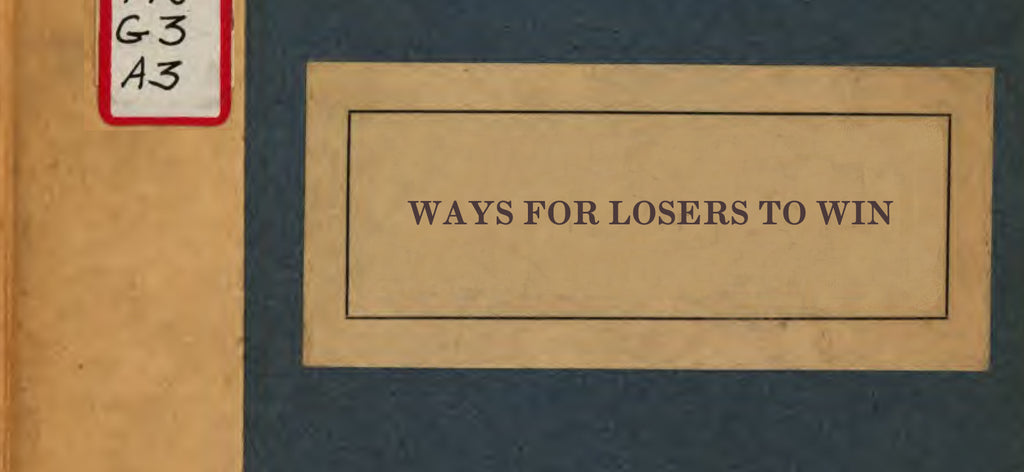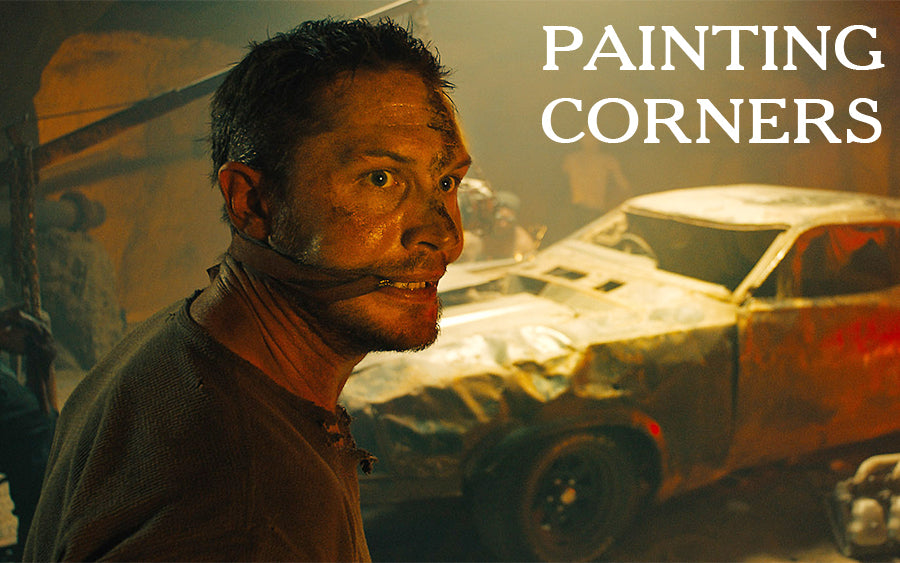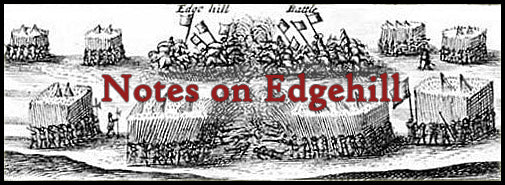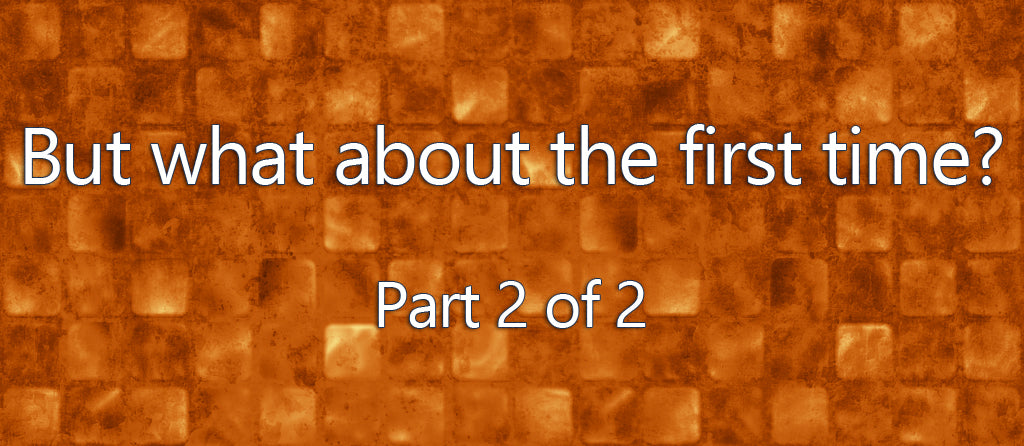Hollandazed: Thoughts, Ideas, and Miscellany — game design
WAYS FOR LOSERS TO WIN (by Tom Russell)

Battles and wars are often lopsided. That doesn't mean the result is inevitable, or that just because it did happen a certain way means that that was the most likely result - indeed, it could have been a statistically aberrant one. (For more on this, I recommend reading Brien J. Miller's "The Application of Statistical and Forensics Validation to Simulation Modeling in Wargames" in the book Zones of Control.) But, for the sake of argument, let's say that we have a conflict we want to model that was definitely lopsided, in which absent major out-of-left-field counterfactuals, one side is very...
FROM THE ARCHIVES: BRIEF THOUGHTS ON TWO TRADITIONS OF WARGAME DESIGN (by Tom Russell)

I've been listening a lot lately to David Dokter's podcast Guns, Dice, Butter, in which he presents "conversations with members of the wargaming tribe". Several of his interview subjects were designers and developers for Avalon Hill and/or SPI. (Several of the SPI folks tell a story about Jim Dunnigan casually asking an underperforming employee if he was planning on coming in tomorrow? "Yes." Don't bother, quoth Dunnigan; you're fired.) One thing the illustrious Mr. Dokter mentions is a philosophical divide between the games produced by Avalon Hill and SPI. Avalon Hill designs were more about providing a balanced competitive experience...
PAINTING CORNERS (by Tom Russell)

If a game lets you paint yourself into a corner so that you can no longer impact the game state, do you have agency? The obvious answer is that, no, you don't; if agency is defined as "the things I do matter", then being put into a situation where nothing you do matters by definition deprives you of agency. Okay, but what if a game never lets you paint yourself into that corner: do you really have agency? I would argue that the answer to that is also no, because if there are no consequences for your mistakes, whatever agency...
NOTES ON EDGEHILL (by Tom Russell)

The fourth Table Battles expansion will be one that a surprising number of folks have been clamoring for since the release of the base game - the English Civil Wars. The delay in getting to it isn't due to any lack of interest on my part - quite the contrary, it's a subject I find fascinating - but because the base set drew very heavily from the seventeenth and eighteenth centuries, and I wanted the first few expansions to show the range of the series, going back into the high middle ages (Wars of the Roses) and antiquity (Age of...
FROM THE ARCHIVES: BUT WHAT ABOUT THE FIRST TIME? PART 2 (by Tom Russell)

So last time I wrote about how a bad first impression with a game can make folks unlikely to try it a second time. There might be great and hidden depths that reveal themselves after x number of plays, but many folks aren't going to ever get to x. Or, as John Brieger put it, "you have a problem if it requires weeks of playing constantly for players to achieve the level of knowledge to make the game balanced." The thing is, I don't know if that really is a problem. I mean, yes, it is a problem, in the...
